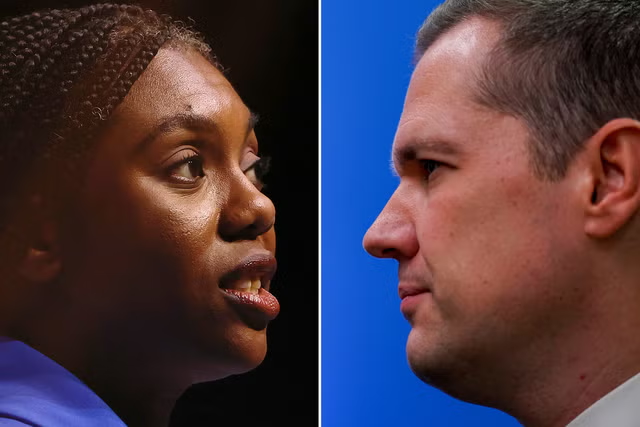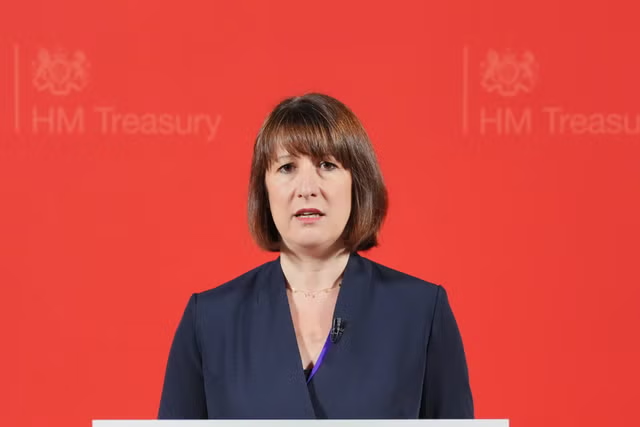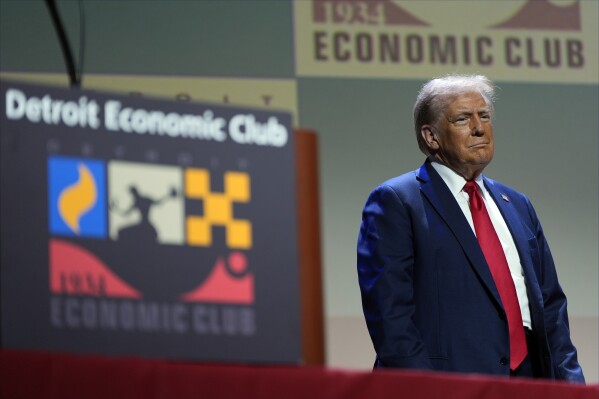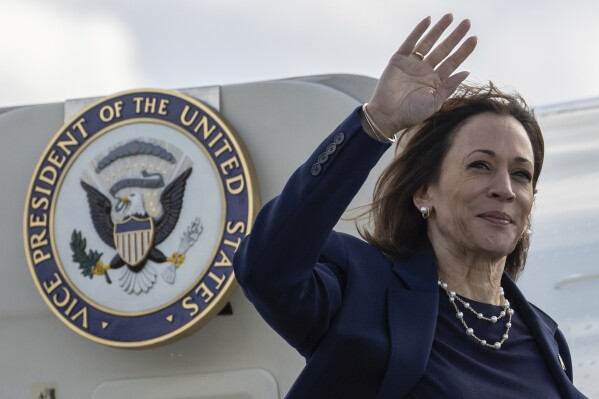Your support helps us to tell the story
Support NowThis election is still a dead heat, according to most polls. In a fight with such wafer-thin margins, we need reporters on the ground talking to the people Trump and Harris are courting. Your support allows us to keep sending journalists to the story.
The Independent is trusted by 27 million Americans from across the entire political spectrum every month. Unlike many other quality news outlets, we choose not to lock you out of our reporting and analysis with paywalls. But quality journalism must still be paid for.
Help us keep bring these critical stories to light. Your support makes all the difference.
Military chiefs are considering sending British troops to Ukraine to train soldiers and boost Kyiv’s recruitment efforts, it has emerged.
Ministry of Defence (MoD) sources confirmed to The Independent that discussions are ongoing about whether to send troops to the country to support it amid Russia’s ongoing invasion.
There is already a small number of British medical personnel in Ukraine, delivering training and mentoring to the country’s armed forces.
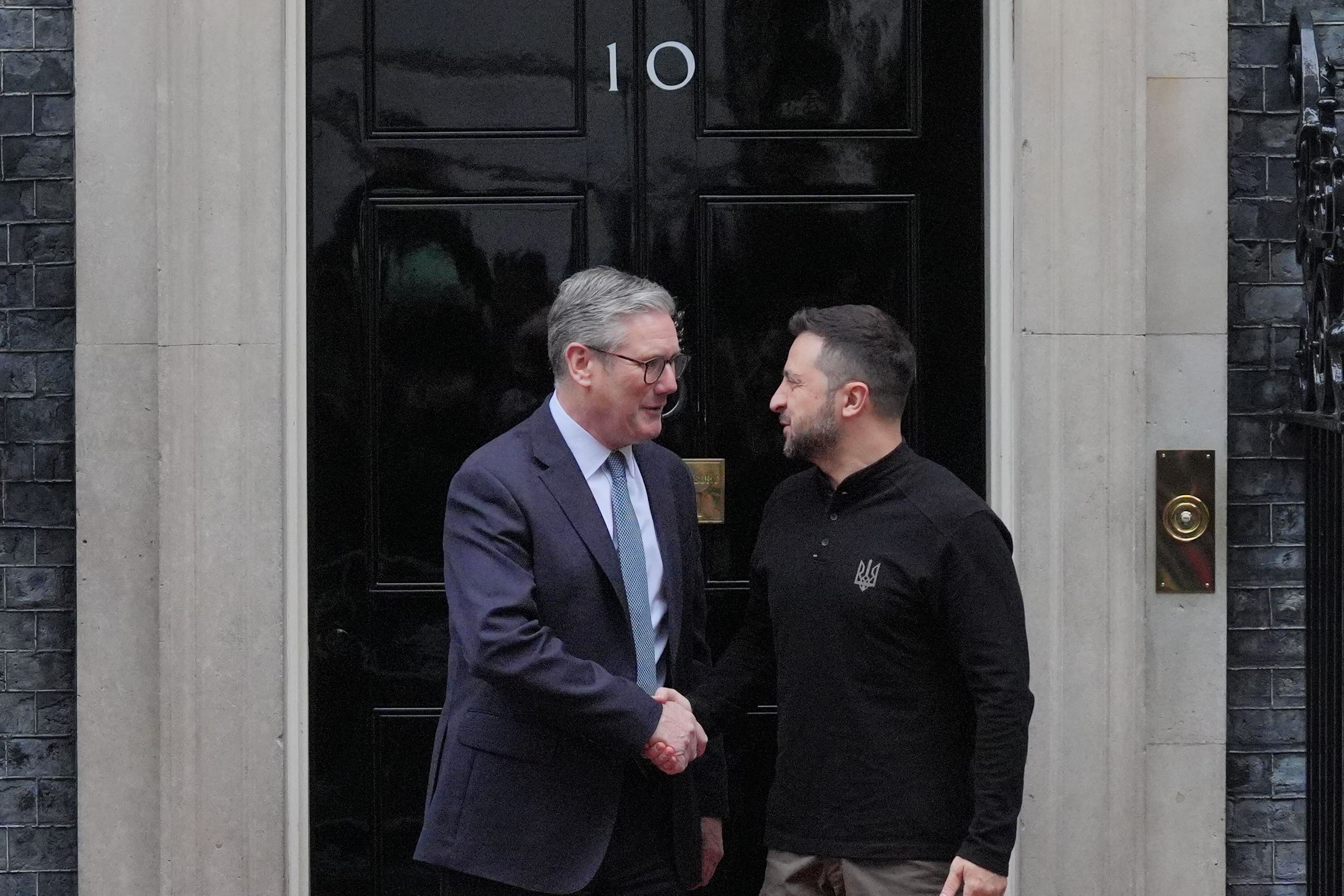
And, under plans being discussed, small groups of military trainers would travel to secluded locations in the west of the country to provide intensive training to new recruits before they are deployed to the front line in the east.
Two sources told The Times the plans would solve some of the logistical issues that come with sending Ukrainian troops to UK bases for training and to save money.
The plans emerged as Volodymyr Zelensky visited 10 Downing Street for talks with Sir Keir Starmer amid a European tour to drum up further support for Ukraine’s campaign against Russia.
The Ukrainian president and the prime minister embraced outside No 10 before a series of talks also involving Nato’s new secretary-general Mark Rutte.
Britain has trained tens of thousands of Ukrainian soldiers in the UK under Operation Interflex, but defence secretary John Healey said last month that the “biggest constraint” to the scheme is Ukraine sending the personnel over to be trained.
One source told The Times doing the training in Ukraine would be “cheaper for us and better for them”, adding that “we could do it quicker out there and it would be very far away from the front line, in secluded locations, so the risk would be much lower”.
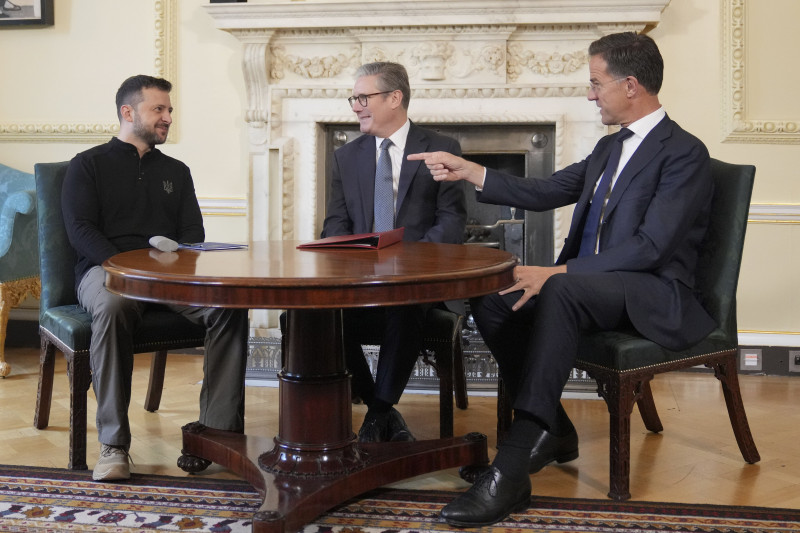
A Kyiv source said transferring the training to Ukraine would send a “powerful military-political signal” to Russia and serve as a “powerful deterrent” to Vladimir Putin.
Former defence secretary Grant Shapps last year suggested Britain could deploy military instructors to western Ukraine as well as encourage defence firms to ramp up manufacturing in the country.
However, an MoD source told The Independent that while talks have been ongoing for some time, the cost and security considerations would be “colossal” and the move is “nowhere close” to being made.
A spokesman for the department said: “Our support for Ukraine is ironclad, the Defence Secretary recently confirmed the extension of Operation Interflex to run throughout 2025. We remain in close discussion with our Ukrainian partners as to how we can provide the best possible training offer.”
The visit was Mr Zelensky’s second trip to Number 10 since Sir Keir came to power after he addressed an extraordinary meeting of the Cabinet in July.
The Ukrainian leader and UK PM met most recently at the United Nations in New York last month.
Mr Zelensky has been presenting his “victory plan” to Western leaders as he lobbies for greater military assistance, such as permission to use equipment including UK-supplied Storm Shadow missiles to hit targets within Russia.
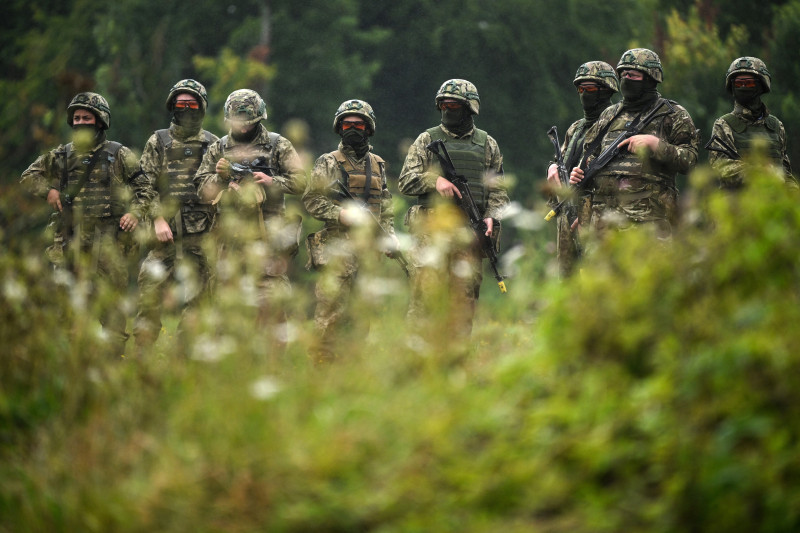
Welcoming Mr Zelensky in No 10’s Pillared Room, Sir Keir said it was “very important we’re able to show our continued commitment to support Ukraine” and it was a chance to “go through the plan, to talk in more detail”.
The pair then held private talks in the Small Dining Room before conversations involving their wider teams.
Mr Healey, chief of the defence staff Admiral Sir Tony Radakin and national security adviser Sir Tim Barrow were among the senior figures involved in the meeting with the Ukrainians.
Ahead of Thursday’s visit, the prime minister’s official spokesperson said the meeting with Mr Zelensky would involve “broad strategic discussions” on UK and allied support for Ukraine during a “crucial period”, rather than specific decisions.
But the Ukrainian leader is likely to once again press for permission to use long-range Storm Shadow missiles to strike the airbases used to launch attacks on his country, as well as other key Russian targets.
The UK and US have so far stopped short of explicitly giving Kyiv permission to fire Western-supplied missiles at targets within Vladimir Putin’s country over concerns about further escalating the conflict, but Mr Zelensky has likened his position to having to fight with his hands tied.
Downing Street said on Wednesday that the UK’s position on using Storm Shadow had not changed.
Disclaimer: The copyright of this article belongs to the original author. Reposting this article is solely for the purpose of information dissemination and does not constitute any investment advice. If there is any infringement, please contact us immediately. We will make corrections or deletions as necessary. Thank you.
